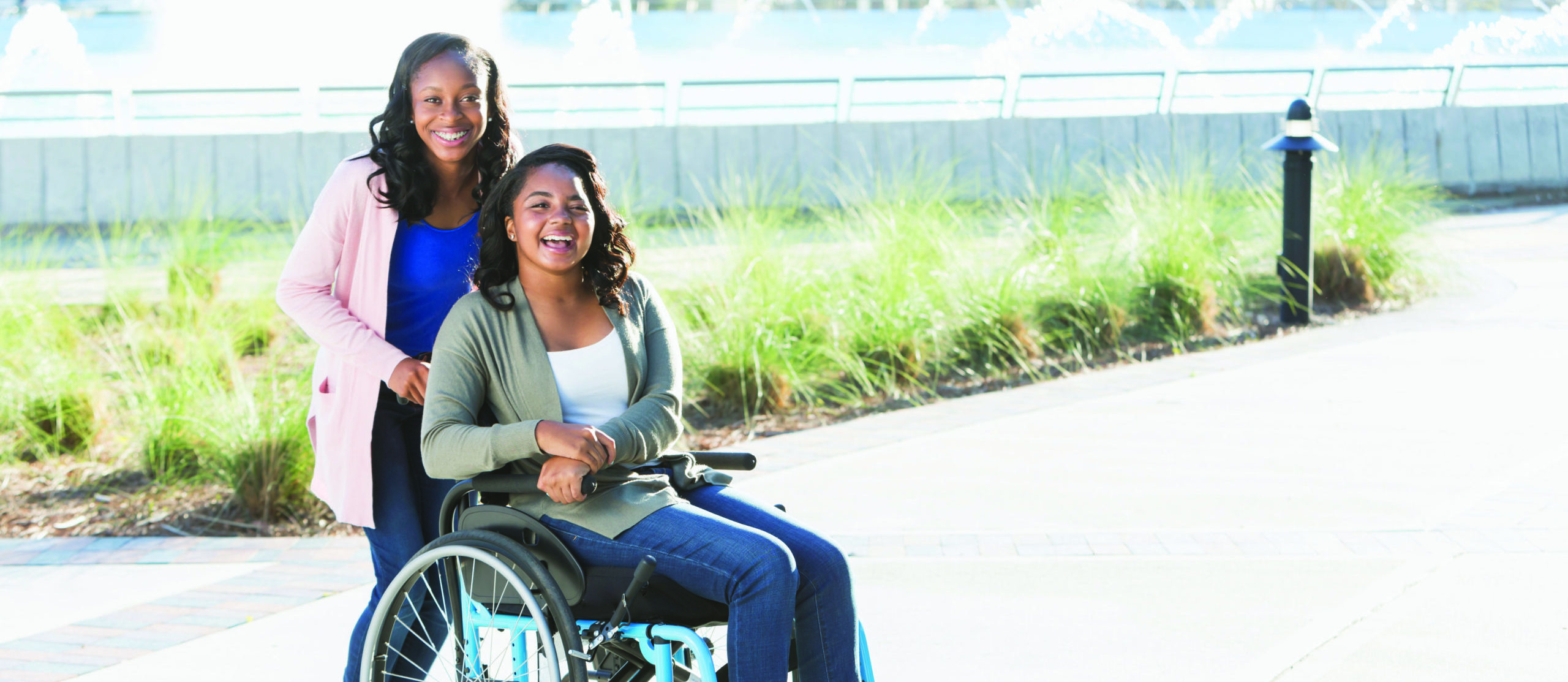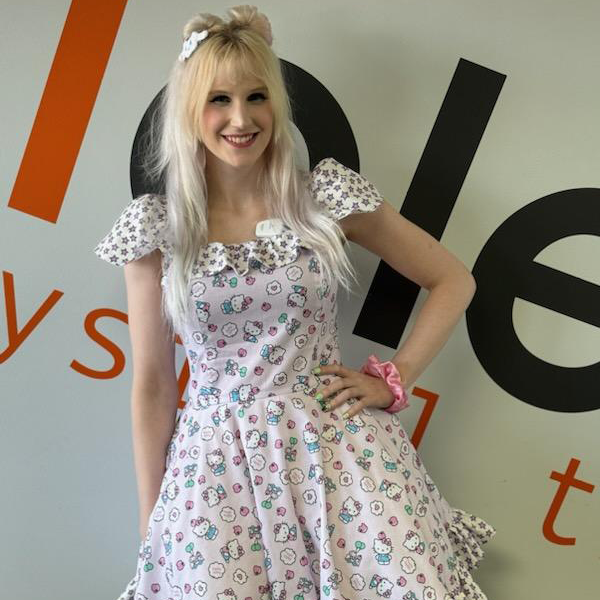

Patient, Family, and Caregiver Resources
You are vital to helping your loved one reach his or her recovery goals.
As the advocate for your family member or friend, you play a key role in the Rehab Without Walls® NeuroSolutions team. You are needed. Your thoughts and loving care are important. You’re our trusted partner in helping your loved one achieve long-lasting recovery, maximum independence, and the highest quality of life.
We know that the possibility of being overwhelmed in the new role of caregiver is very real. Our first piece of advice to you is to care for yourself. Your loved one needs your continued strength.
Included below are helpful resources and tips we’ve learned from working closely with caregivers just like you.
SPINAL CORD, STROKE AND BRAIN INJURY CAREGIVER SUPPORT
- Keep a running list of questions, concerns, and observations of changes in the progress toward the treatment goals. There are no bad questions. A notebook will work, or you might find a note-taking app on a smartphone is convenient because it may be always nearby. Keep it simple.
- In your notebook or app, take detailed notes during meetings with the rehab team. Consider recording the conversations to help you remember details.
- Don’t go it alone. Seek support from family, friends, and community sources. Consider attending a support group that offers a trusting structure and purpose that is centered on confidentiality. A good support group can be a source for new friends, coping advice and resources you may have not yet considered. Our Rehab Without Walls team can provide you with group recommendations.
- Remember, your health is important too – both physical and emotional. Take care of yourself so you can remain strong for your loved one. Depression is a real risk that can affect 50 percent of caregivers.
- Pace yourself by creating a balance between caring for your loved one and yourself.
- For additional resources related to stroke, brain injury and spinal cord injury, please see our helpful links page.
OTHER RESOURCES
It’s important to be a good consumer of information. Government websites and nonprofit organizations are the best places to start. Be wary of websites that are selling products.
The following links will direct you to organizations that can provide additional information.
- Brain Injury Association of America (BIAA)
- This organization provides information on brain injury, research, conferences, publications, prevention and education, survivors’ voice, assistive technologies, and referral.
- Website: www.biausa.org/
- Phone: 1-800-444-6443
- United States Brain Injury Alliance (USBIA)
- The mission of this organization is to engage the community in preventing brain injury and improving lives. In addition to the national organization, there are chartered affiliates in more than a dozen states.
- Website: www.usbia.org/
- TBI Model Systems (English and Spanish)
- Free research-based resources for people with traumatic brain injury (TBI) in English and Spanish by TBI Model Systems and Model Systems Knowledge Translation Center
- Website: msktc.org/tbi
- SCI Model Systems (English and Spanish)
- Free research-based resources for people with spinal cord injury (SCI) in English and Spanish by SCI Model Systems and Model Systems Knowledge Translation Center
- Website: msktc.org/sci/
- Eldercare Locator
- A government service of the U.S. Administration on Aging. You can search for information on a variety of services based on your location.
- Website:www.eldercare.gov/
- Caregiver Action Network
- A nonprofit organization providing free education, peer support and resources to family caregivers. Here’s a great launching pad they call the Family Caregiver Toolbox.
- Website: www.caregiveraction.org/
- Family Caregiver Alliance®
- To improve the quality of life for caregivers through information, services, and advocacy.
- Website: www.caregiver.org/
Please note, Rehab Without Walls® is not responsible for the content or privacy practices of the sites listed above.

